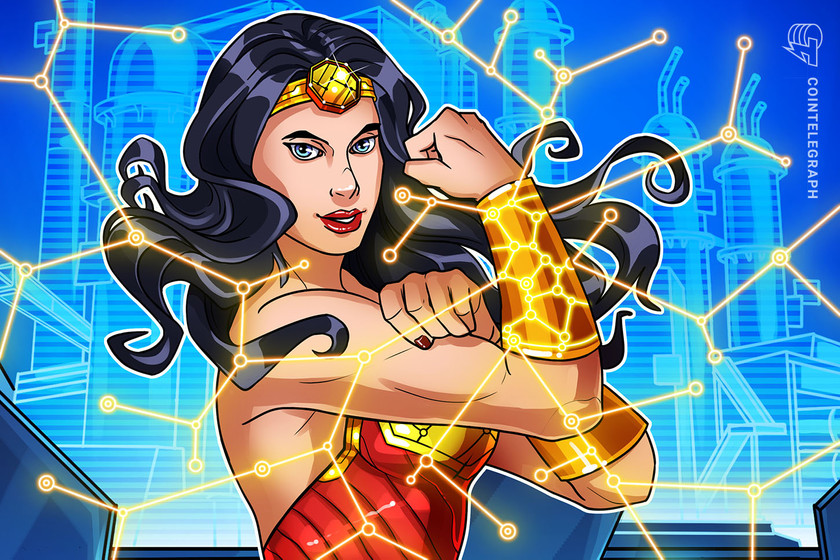Singaporean women ‘outperforming’ men in crypto trades, survey reveals


The survey also found that 24% of women have allocated more than 20% of their portfolios to crypto.
Singaporean women are slightly more likely to make money or at least break even on their crypto investments than their male counterparts, according to a survey from cryptocurrency exchange Independent Reserve.
Published on March 28, the annual Independent Reserve Cryptocurrency Index (IRCI) survey was conducted in February and polled “1,500 everyday Singapore residents on their attitudes toward cryptocurrency.”
As per the survey data, 76% of women reported either making money or breaking even on their crypto investments, compared to just 72% of men.
“Since the launch of IRCI in Singapore in 2021, this is the first time that females have reported outperforming their male counterparts,” the survey results read.


The survey has also found an increase in women participating in crypto investments this year, with 37% of women surveyed saying they had crypto investments, accounting for a 7 percentage point increase compared to the previous year.
On the other hand, 48% of men said they took part in the activity, which was down 1 percentage point compared to the 2022 IRCI.
A significant number of women surveyed also outlined bullish stances towards crypto, with 24% stating that they had “allocated more than 20% of their investment portfolio to this asset class.”
“Over the next 12 months, 48% plan to further invest in their existing portfolio while 43% intend to diversify into other tokens, Defi or NFT projects,” the report adds.


The IRCI also provides a score for the overall confidence level in crypto ranging from 0 to 100. In this year’s edition, Singaporean confidence scored 55 out of 100, down from 61 the year prior.
This was mostly attributed to the rough year crypto had in 2022, as several major crypto firms went bankrupt, while the collapse of Do Kwon’s Terra/LUNA project also sent shockwaves through the sector.
“2022 was a challenging time for the cryptocurrency industry, due to several macroeconomic factors. The collapse of Terra-Luna and the FTX fallout has understandably led to a loss of confidence and trust in the industry,” said Lasanka Perera, the CEO of Independent Reserve Singapore.
However, despite confidence shaking, crypto adoption did still increase, with 43% of respondents stating they had crypto investments, compared to 40% the year prior.
Additionally, a significant number of respondents indicated that they had long term confidence in crypto, with 48% of all crypto investors stating that they plan to increase their current portfolios.
Related: ‘US has left a vacuum that other countries are eager to fill’: Coinbase
“As recent global financial events continue to unfold, many may also re-evaluate their dependence on traditional financial institutions to safeguard their money and turn to alternative assets such as Bitcoin to hedge against bank defaults and currency debasement,” Perera noted, adding that:
“It is encouraging to see that optimism towards the long-term benefits of cryptocurrency remains strong in Singapore and that investors who adopt a long-term view are reaping rewards.”
Perera also suggested that part of the Singaporean crypto investor’s long-term confidence was due to the government’s well-established regulatory frameworks for the sector.
“Singapore has one of the clearest and robust regulations for cryptocurrencies, which gives investors an added assurance of dealing with trusted players. As Singapore continues to remain open to innovation in digital assets, education remains crucial as awareness and adoption of cryptocurrencies among residents grow,” the CEO stated.
Related: Best and worst countries for crypto taxes — Plus crypto tax tips


























